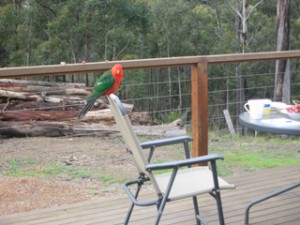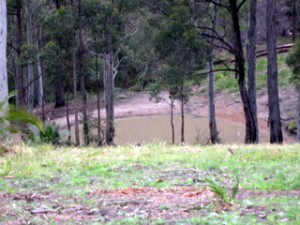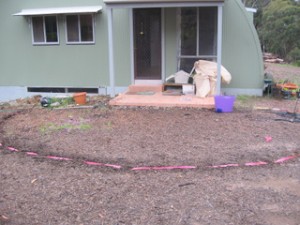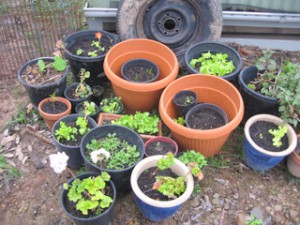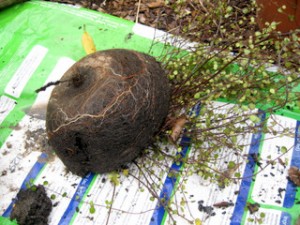One of the most frequent objections I heard to Peter Hollingworth’s appointment as Governor-General was that it was a breach of the doctrine of separation of powers. This was a nonsense argument as he was appointed in his secular persona, not as a priest, but many intelligent people made it.
It was also a self-serving argument because it gave the appearance of high-mindedness to what was really a partisan objection. Hollingworth was appointed by John Howard, and he was the first Governor-General after the republican referendum was lost. So enemies of Howard, and republicans more generally, had reasons for wanting to damage Hollingworth.
This is further borne out by the fact that I have seen no-one of any consequence raise the same argument about the appointment of The Hon Rev Peter Slipper, Chancellor of the Traditional Anglican Communion, to the position of Speaker of the House of Parliament.
You would have thought they would.
I think it is the first time that a working cleric has been appointed speaker, and it is unusual, although not unprecedented, to have active ministers of religion in parliament. I can only think of one other recent example in the federal parliament – Australian Democrat Senator John Woodley, who was a Uniting Church minister.
Brian Howe, a minister in the Hawke government was also a Uniting Church minister, but I think he had retired.
Added to this the church in which Slipper is a minister – the Traditional Anglican Communion – is a little eccentric. It is a splinter from the Anglican Church and appears to have just about as many bishops as it has priests – a very tiny splinter indeed.
One of the things that distinguishes the TAC from the Anglican Church is that it is opposed to the ordination of women, something feminists might like to note.
Its primate is Archbishop Hepworth who alleges he was sexually abused whilst studying in a Roman Catholic seminary in his 20s. The alleged perpetrator was named in the Senate by Senator Xenophon but has just been cleared by a Catholic Church inquiry. This doesn’t make the allegations wrong, but it does make the whole thing messy, and you wonder how Hepworth could possibly continue to carry out his duties.
In essence the Catholic Archdiocese of Adelaide has made a finding which implies that the leader of the TAC is a liar. It is a matter which really should have been referred to the criminal courts, yet Hepworth refuses to make a complaint to police. For a man leading a religious denomination to leave the matter unresolved like this would appear to me to be untenable.
Yet none of this appears to have rubbed-off on Slipper. It tells you something about public debate in Australia.
